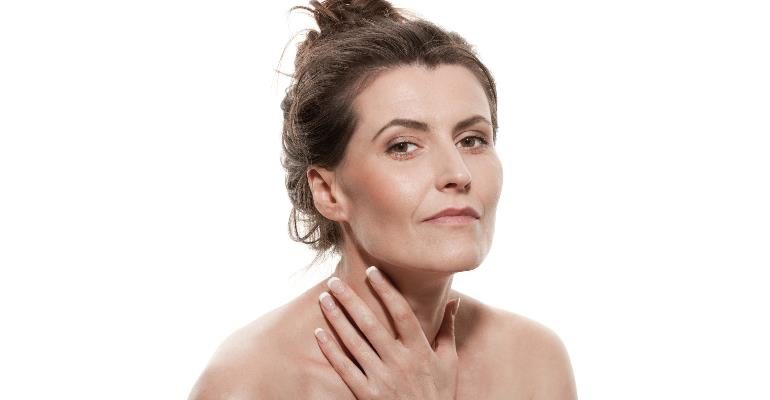
With one more year passing and with the new year upon us, it is a good time to reflect on getting old! Ask young people about aging and they will shrug and say – ” It seems like a distant phenomenon. I feel immortal right now.” But like it or not, we will all grow old and even the most beautiful or handsome face will one day be wrinkled and saggy! Depressing thought eh?! Aging is actually a lifelong process and you actually start aging the moment you are born. It is only when the physical processes begin to happen – the wrinkles on the face, greying of the hair around the temples, the prescription for reading glasses – that one really starts realising that one is getting old!
Actually the physical changes that are associated with aging happens to everyone and no one is immune to the effects of aging. But the truth of the matter is that everyone ages at differing speeds. A lot of variations happen between individuals at every age and in all parts of the body. Factors such as genes, diseases and lifestyle all affects your rate off aging. Other factors such as history of injuries and other physical and emotional trauma can also be counted.
There are certain age-related things that simply cannot be prevented. If your hair has started to grey at the age of 35, other than some covering it up with hair dye at the local salon, there is nothing else you can do about it. For the most part though how quickly or how slowly you age is influenced by how well you take care of yourself throughout your life. The changes that you may attribute to aging are in fact due to inactivity, smoking, environmental pollution, unhealthy food choices and other lifestyle factors. If you know what to expect as you grow old and know how to react, you can actually stay young regardless of how old you are.
What Causes Aging
Bodies – even healthy ones – get old. Have you seen Arnold Schwarzenegger or Sylvester Stallone lately?!! What is not simple is to explain why we get old. The progressive deterioration and wearing down of many bodily functions over time – senescence – is one of the least understood biological processes. Scientists have proposed several theories to explain the aging process. One line of thinking holds that the damage done to cells and organs as they carry out their normal functions gradually causes things to go wrong. Another theory suggests that aging follows a biological timetable, a genetically programmed life span.
Brain and Nervous System Changes
For most adults, their mental performance remains constant throughout their lives. However as you get older, it may take more time to finish some mental tasks compared to the time it took when you were younger. For example if you are above 50, you might notice that it is tougher to recall names and words and learn and absorb new material.
Cardiovascular Changes
Your cardiovascular system is made up of your heart, blood vessels consisting of your arteries and veins and blood. This system sends fluids, nutrients, oxygen and other substances to body tissues and removes waste products such as carbon dioxide from them. A healthy cardiovascular system is key to the well-being of every organ in the body. With age, your heart muscle becomes a less efficient pump and works harder to pump the same amount of blood through your body. At the age of 60, 35% less blood circulates through the arteries of your heart than in earlier years. Also your blood vessels become less elastic. Your arteries become thick and stiff, making your heart work harder to pump blood though them. This can lead to high BP.
Brain and Cardiovascular Changes are the main changes that can dramatically alter your health and your quality of life. Keep your brain and your heart working in optimal condition and you can be 80 % in control of your life. There are other changes that will also have to accounted for as you get older – Dental Changes, Taste and Smell Changes, Digestive Changes, Hearing loss, Immune System Changes, Respiratory Changes, Sexual Changes, Skeletal and Muscular Changes, Skin and Hair Changes, Sleep Changes, Urinary Changes and Vision Changes.
What You Can Do
Regardless of the changes that age brings on, you can preserve your youth and vitality by adopting the below lifestyle habits:
- Eating Nutritious Food
- Limiting Alcohol
- Quitting smoking
- Challenging your brain
- Staying Physically Active
- Maintaining a Healthy Weight
- Managing Stress
- Drinking plenty of Fluids
- Avoid environmental pollutants
- Practice relaxation techniques
At Wellintra Fitness, we like to believe that we are helping people preserve the fountain of youth! If Losing Weight or Starting a Fitness or Yoga Routine is one of your resolutions for 2017, then do not hesitate to call us and we will set you up with a personal trainer who will not only help you meet your fitness goals but also motivate you to sustain your program.
Author
Atin Dasgupta is the founder of Wellintra Fitness and is an artist-entrepreneur who makes music and builds digital-first businesses in his spare time!
Do not miss a single article!
Submit your email id to get new articles directly into your email inbox!
- Zumba Dance Fitness at Byjus - February 25, 2020
- History of Corporate Wellness Programs - February 18, 2020
- Yoga at a Conference - December 11, 2019
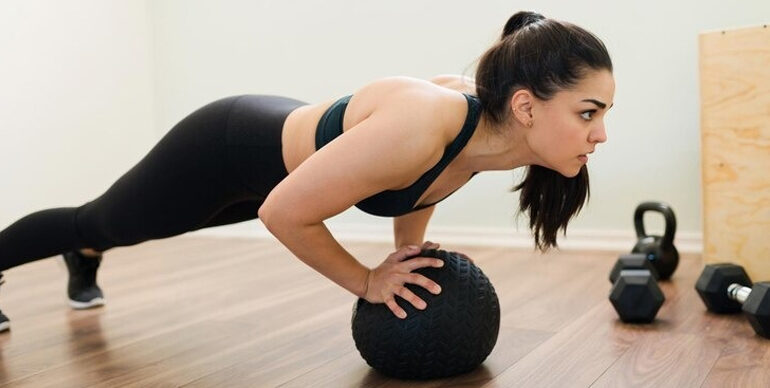
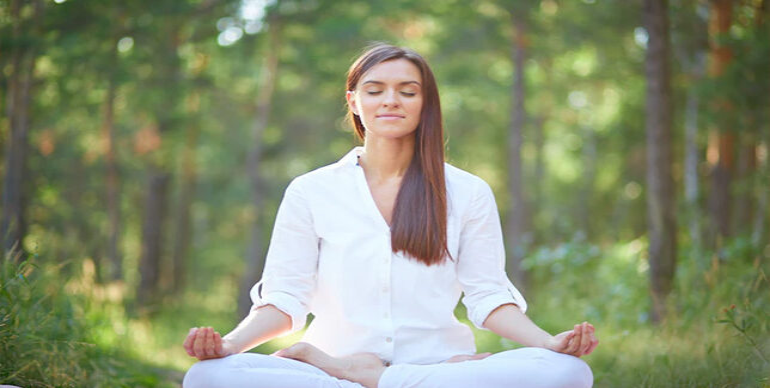
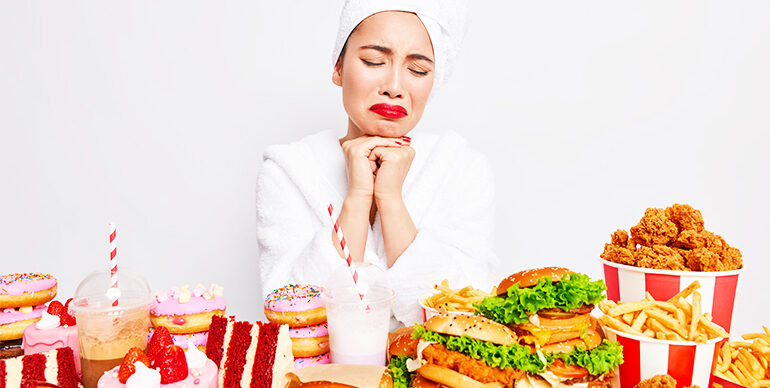
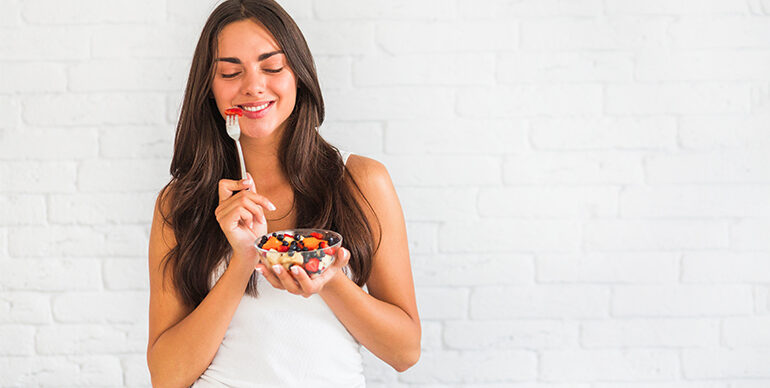
Add Review